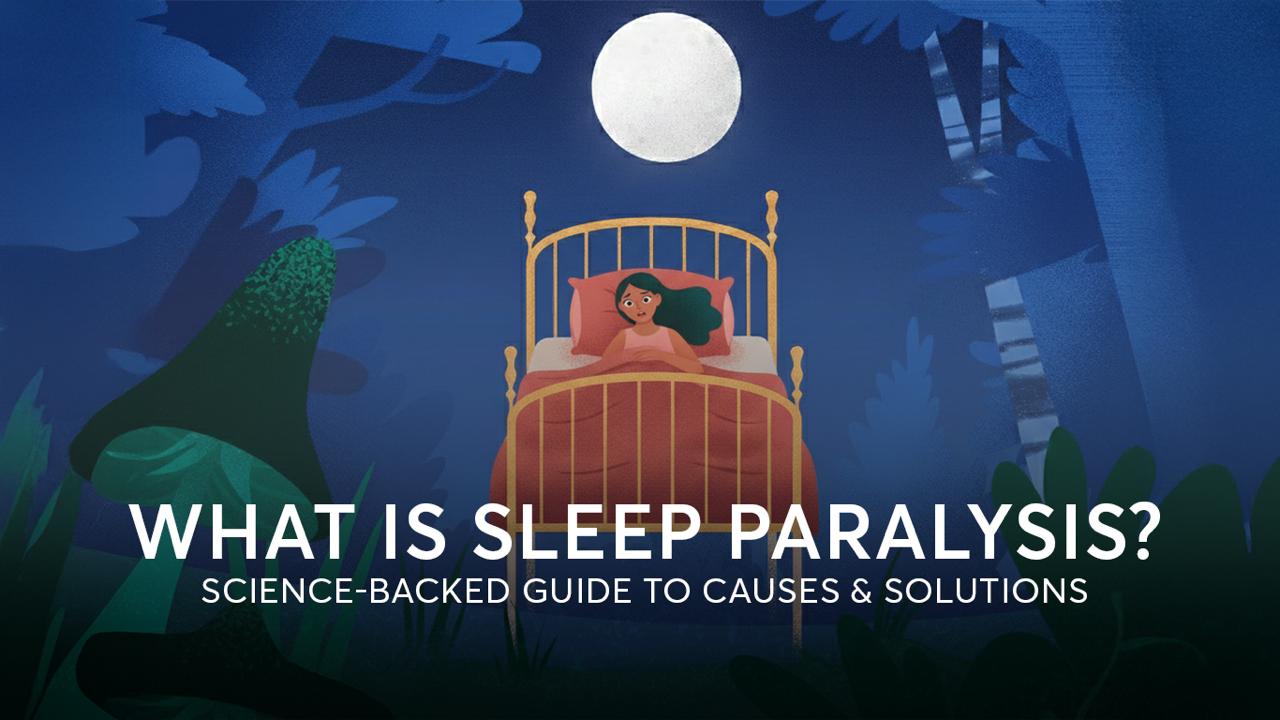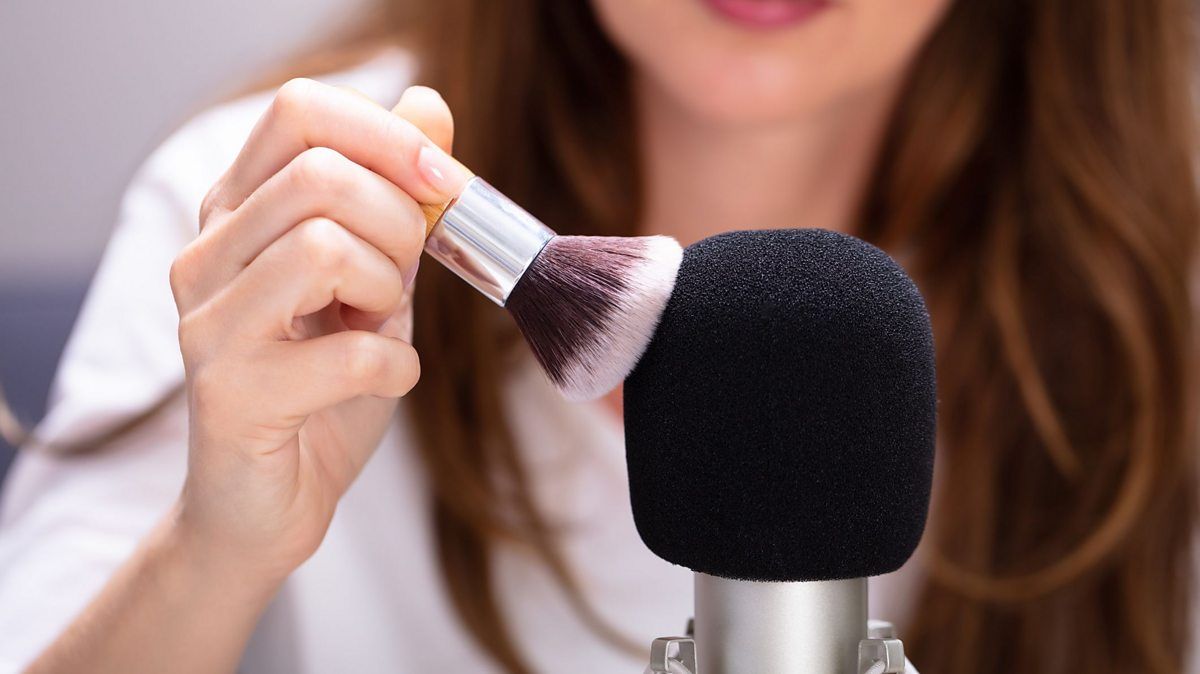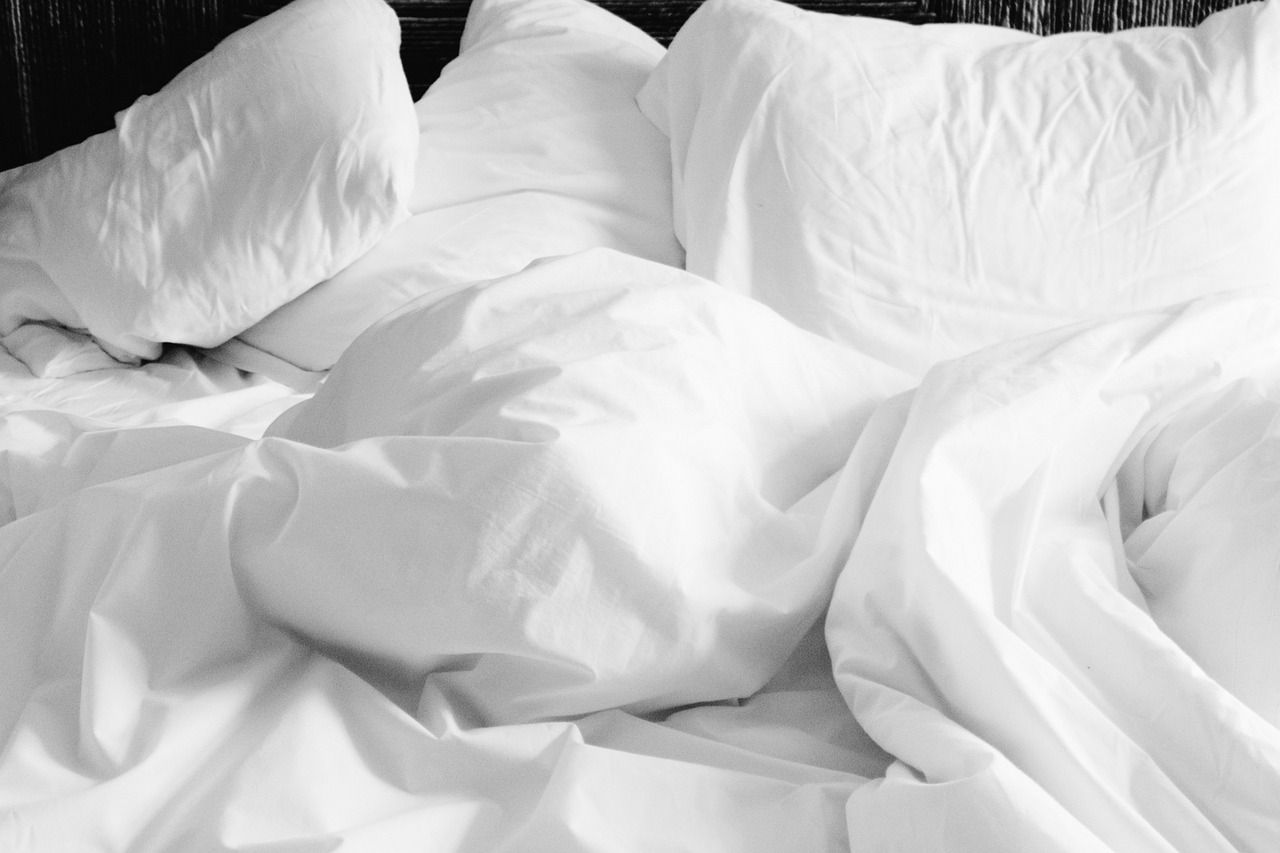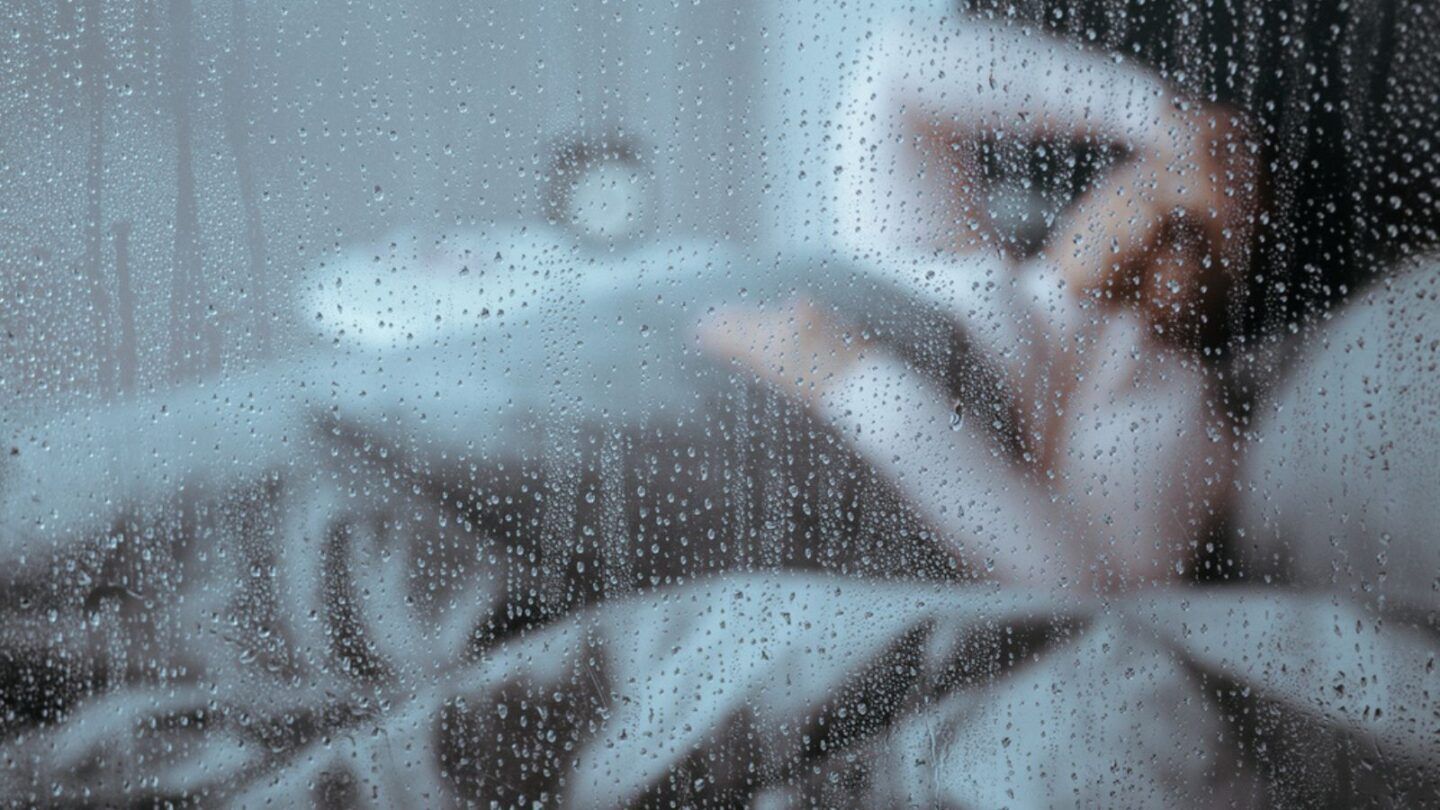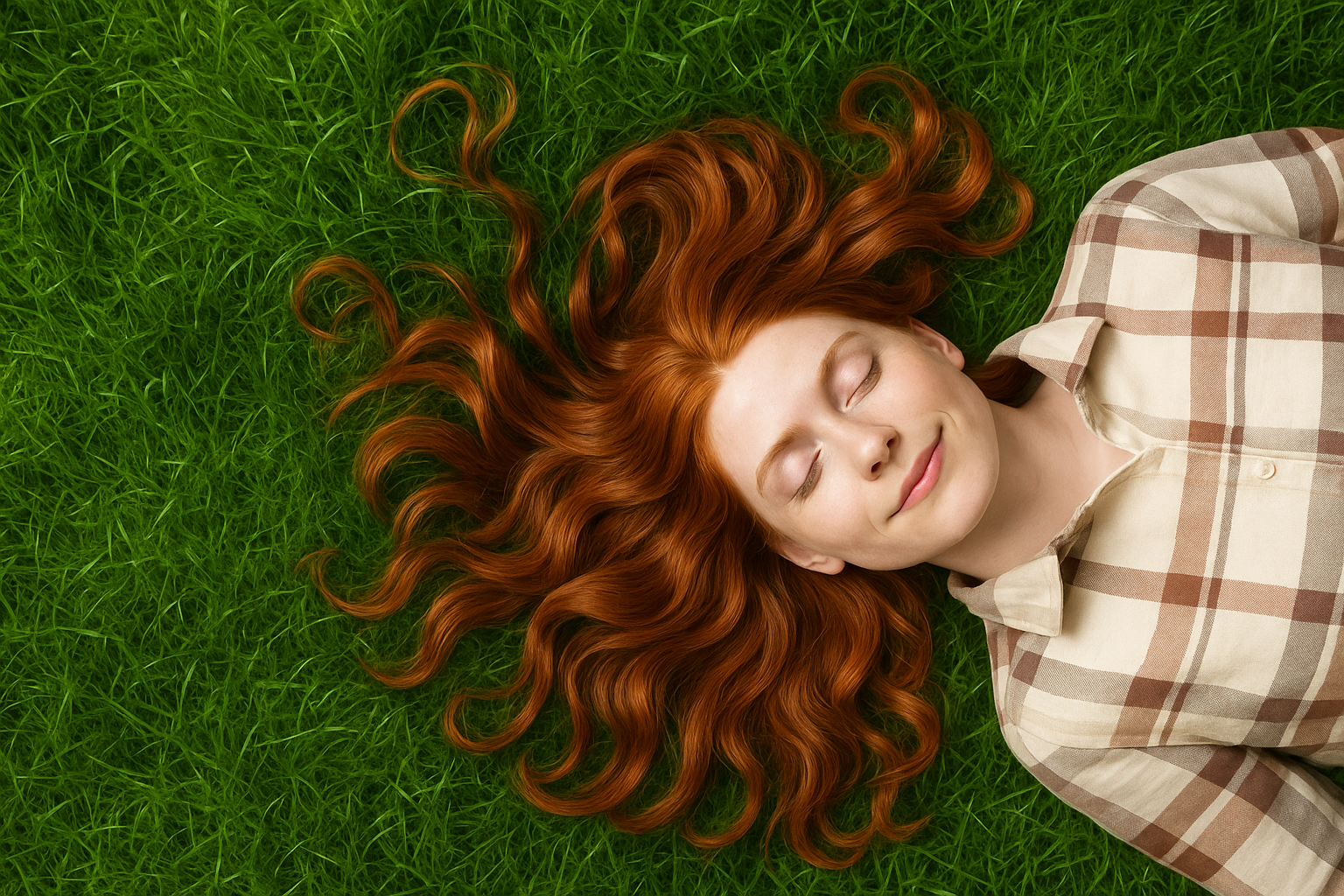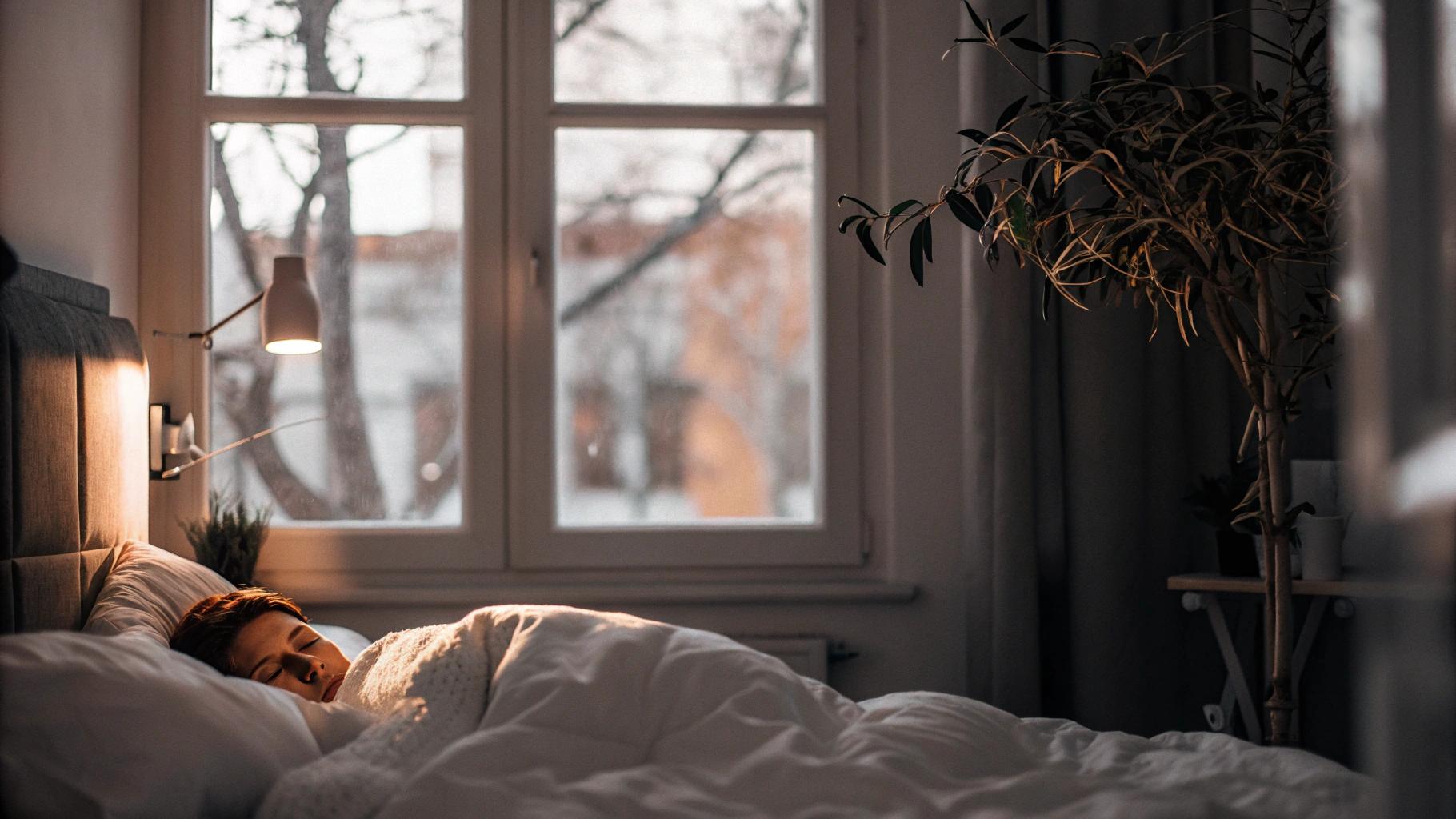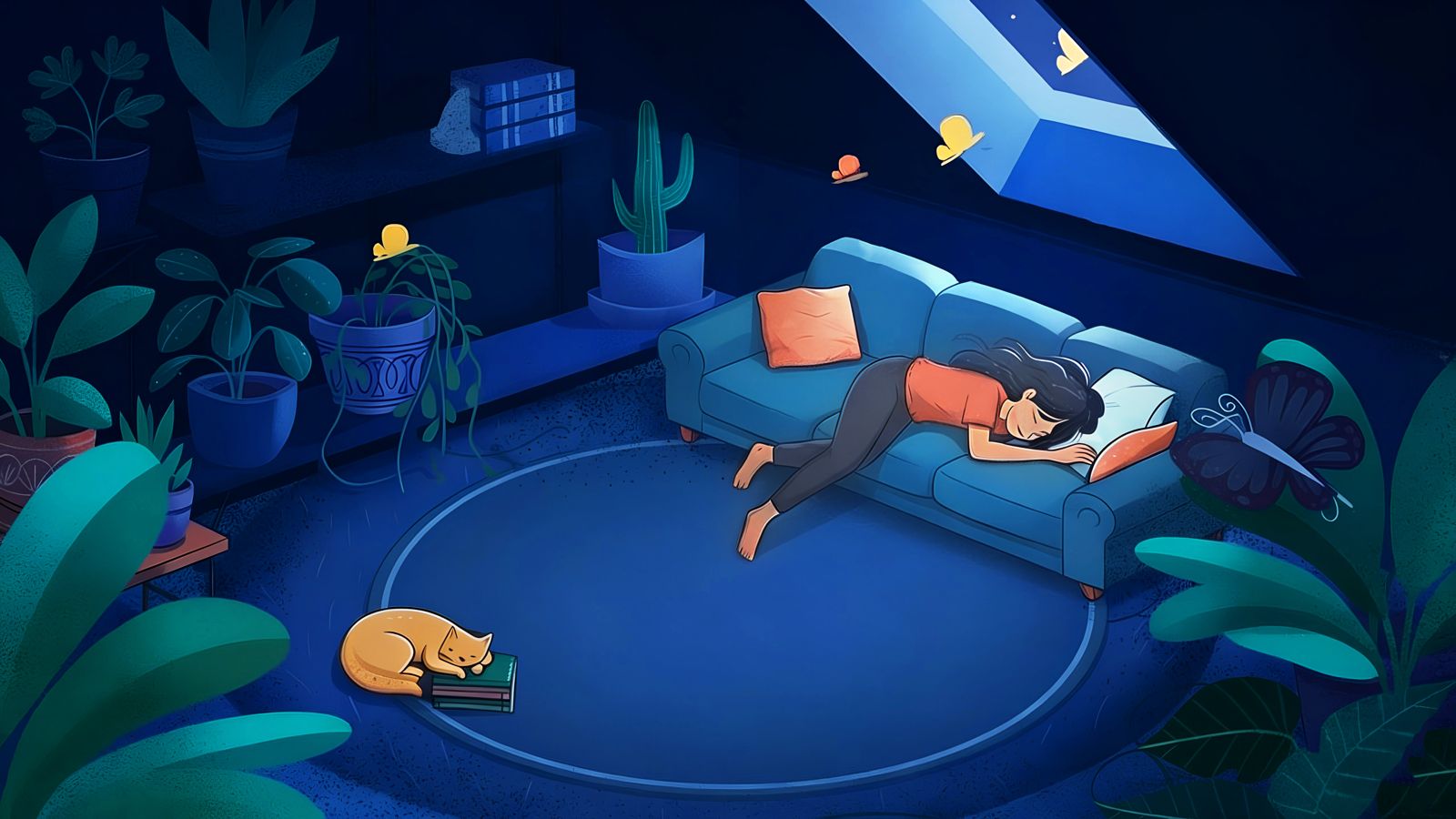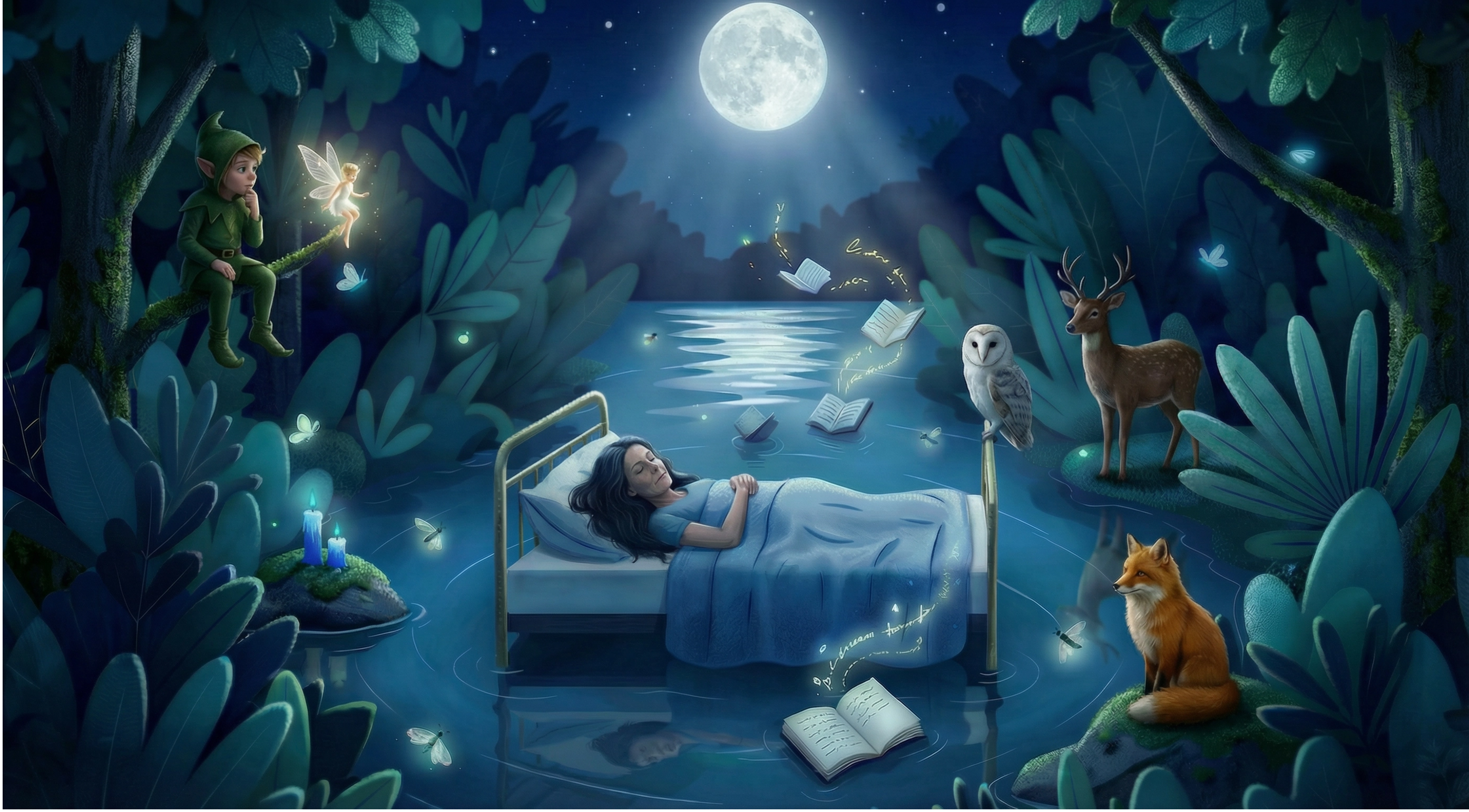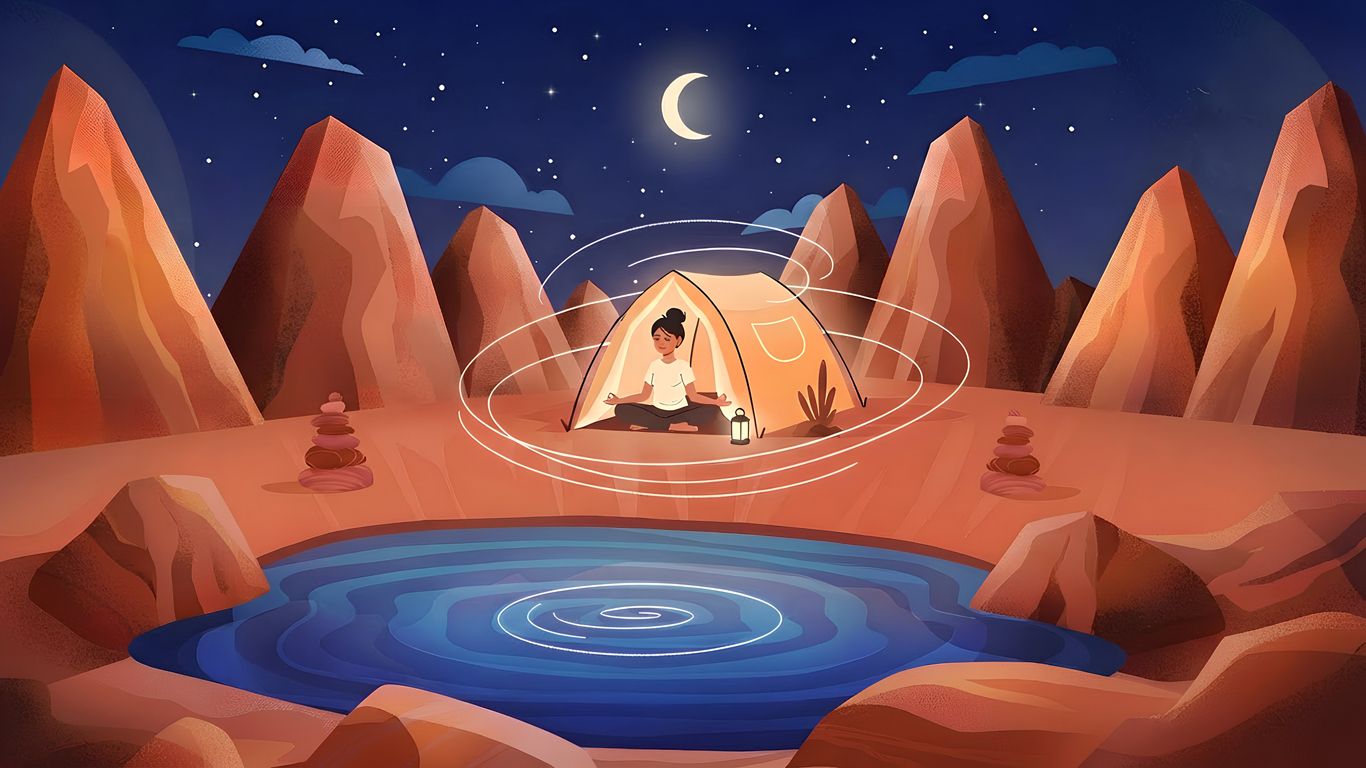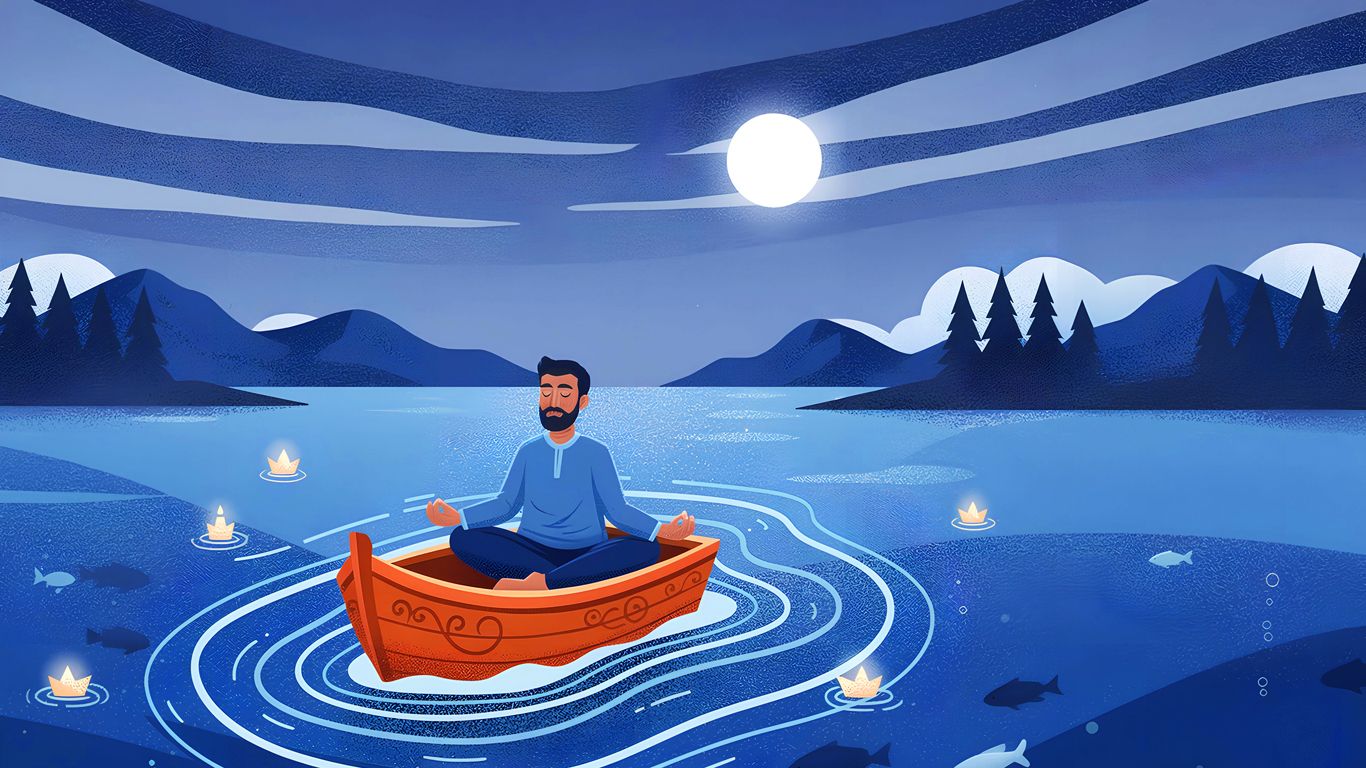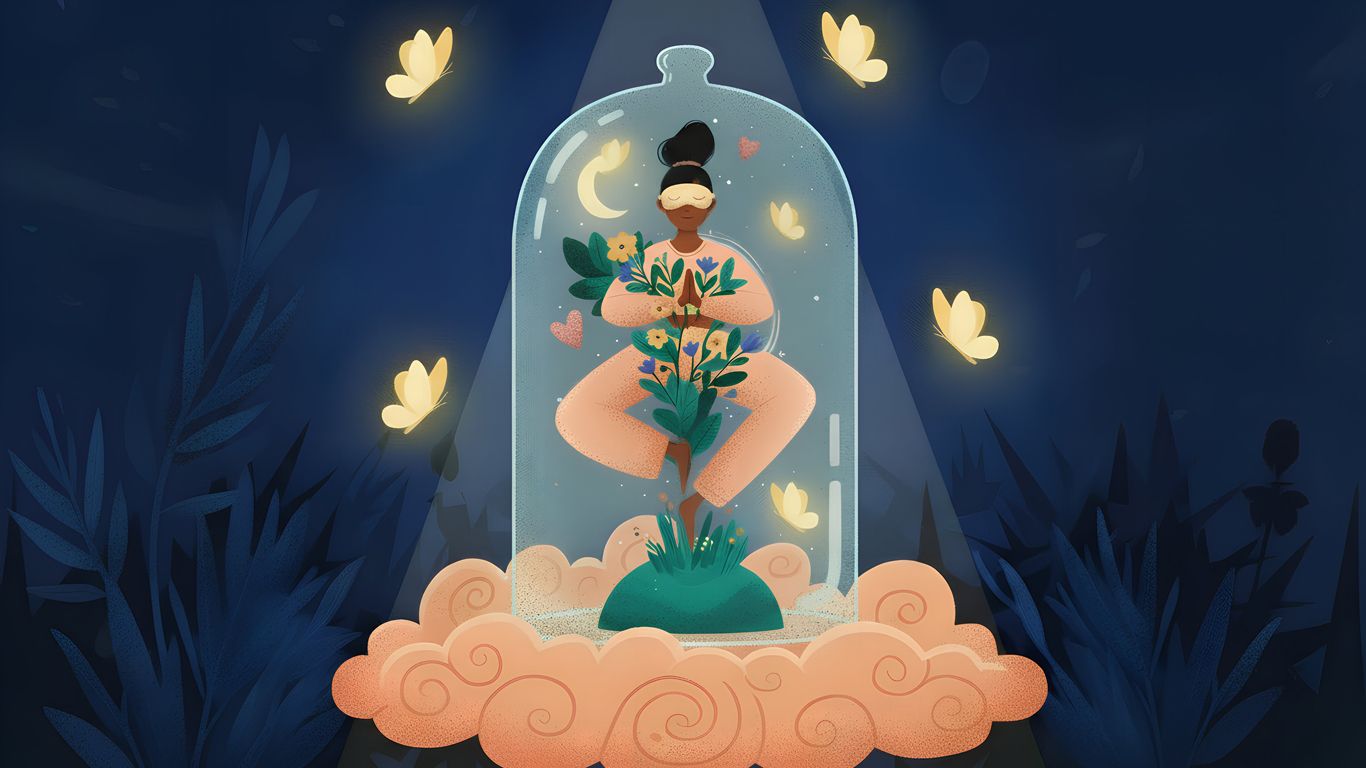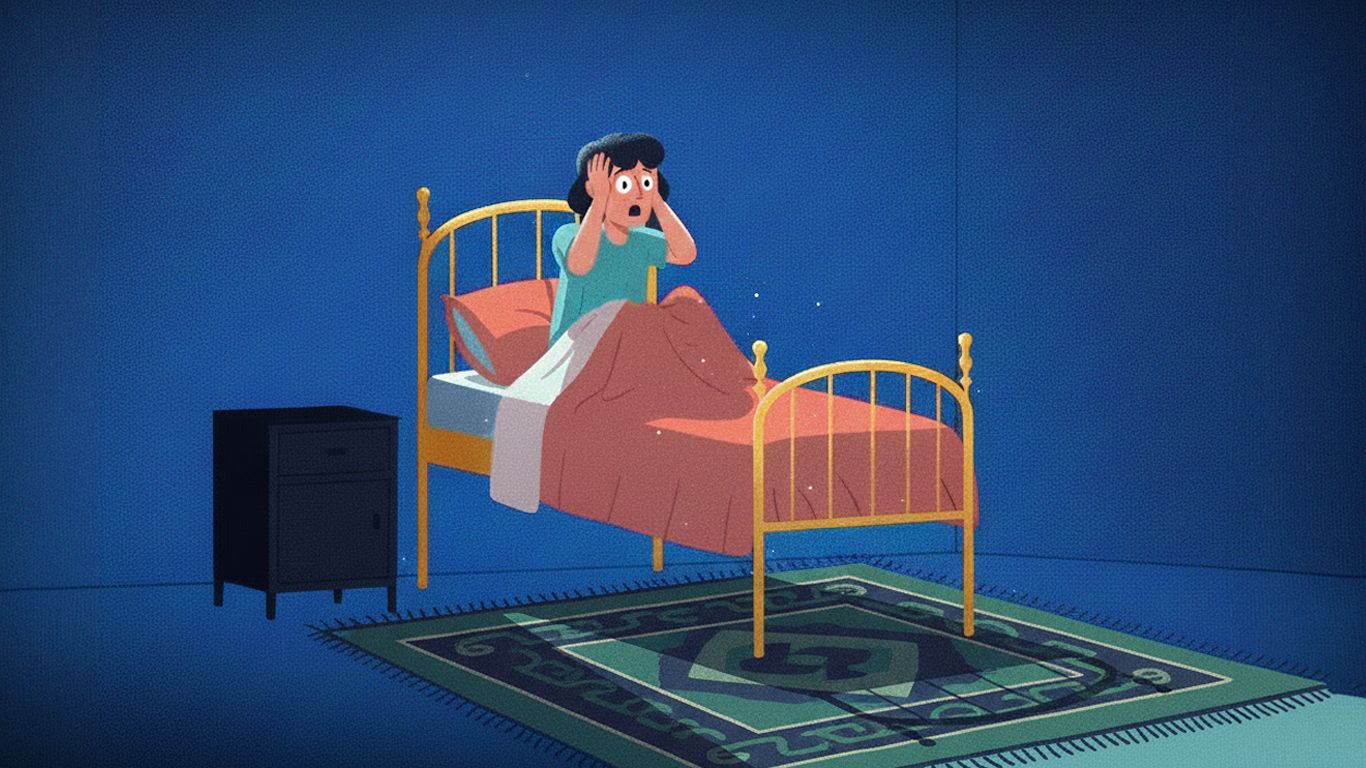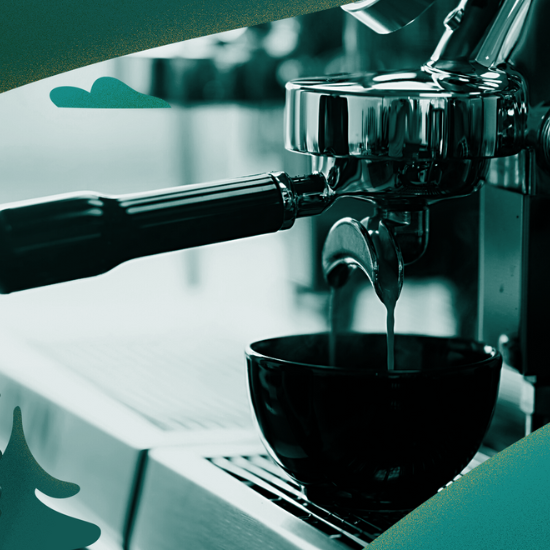
Too Much Caffeine
For the majority of us, it’s hard to imagine a morning without some kind of caffeine. Caffeine has become a staple part of modern life, from starting your day with a fresh cup of coffee to chugging that energy drink before your mid-afternoon crash hits. In fact, about 90 percent of Americans consume some sort of caffeine in the morning. Even though something such as a cup of coffee seems innocent, it’s important to remember that caffeine is a
drug. And like any drug, there are benefits and downsides; you should know to take care of your health.
Wondering how much caffeine you should have every day? why you don’t feel awake even after your second cup of coffee? Or how long does caffeine last? Today, we’re answering some common questions about caffeine reading.
Can Too Much Caffeine Make you Tired?
For many, a morning coffee or an afternoon energy drink is the go-to solution for that much-needed kick to face the day. Caffeine, with its stimulating properties, promises alertness and heightened concentration. Yet, the adage "Too much of a good thing is bad" holds true even for this beloved stimulant.
Consuming too much caffeine can make you tired, a surprising outcome for those who lean on it for energy.
How does caffeine affect you?
Caffeine is a stimulant that stimulates the brain and nervous system, helping people feel more awake. How does it work? Blocking sleep-promoting receptors in the brain, adenosine receptors result in sleepiness. But, according to the Houston Methodist Medical Center, consuming caffeine blocks adenosine from getting to those receptors, meaning your brain will stay awake.
How long does caffeine last?
It takes roughly four to six hoursfor your body to break down half of the amount of caffeine you ingested. Say you had one cup of coffee, then you’ll still have half the amount of caffeine in that cup of coffee four to six hours after you drank it. It can take around ten total hours for caffeine to leave your system entirely. Though everyone processes caffeine at different rates, studies suggest having your daily caffeine dose before 3 p.m. if you want to have a good night’s sleep.
Why doesn’t caffeine affect me?
There’s a variety of reasons you may not be feeling the effects of caffeine as others. According to Insider, these are some factors that affect your caffeine tolerance.
- Genetics
- Overconsumption of caffeine (reduced tolerance)
- Poor sleep
Sources of caffeine
Caffeine comes from more places than just your morning cup of joe. Here are some other familiar sources.
- Tea, soft drinks, energy drinks
- Candy, gum, and other packaged foods
- Some beauty products like lip balm, eye cream, body scrub, and body lotion
How much caffeine do you drink? An cup of coffee can contain around 95-200 mg ofcaffeine, and a twelve-ounce soda can contain 35-45 mg ofcaffeine. But to accurately measure your consumption, check the labels. Even a single can of RedBull can pack 111 mg of caffeine, with some energy drinks like Spike Hardcore packing 350 mg per bottle.
How much caffeine is too much?
The average person in the US will drink around 180 mg of caffeine per day or about two cups of coffee. 250 mg of caffeine per day has shown to wake up the brain and improve concentration. According to the FDA, even a daily intake of 400 mg of caffeine per day, around four or five cups of coffee, isn’t generally associated with adverse effects, according to the FDA (this doesn’t apply to pregnant women or mothers that are nursing). Toxic effects like seizures have been seen in people who rapidly drink around 1,200 mg of caffeine.
However, everyone has a different tolerance level, age, medications, overall health, genetics, and more affect how you react to caffeine it’s always best to talk to your doctor if you have specific questions.
Side effects of too much caffeine
You may notice the following symptoms if you’ve had too muchcaffeine.
- Headaches
- Anxiety and irritability
- Increased heartbeat
- Sleeping issues, insomnia
- Nausea, upset stomach
- Dehydration
For children who don’t have a high caffeine tolerance, too much caffeine can raise blood pressure and impact sleep. The science on how caffeine affects the developing brain is still new. It’s not recommended by the American Academy of Pediatrics for kids to have caffeine in their diet.
What counts as “too much” caffeine comes down to what each individual can handle.
As much as we try, nothing can replicate the feeling you get after a good night’s sleep! Even though coffee can temporarily make you feel more awake, your body will still be physically and mentally tired. If you’re looking to improve your sleep, try leveling up your sleep routine with BetterSleep’s easy-to-use tips and resources.
